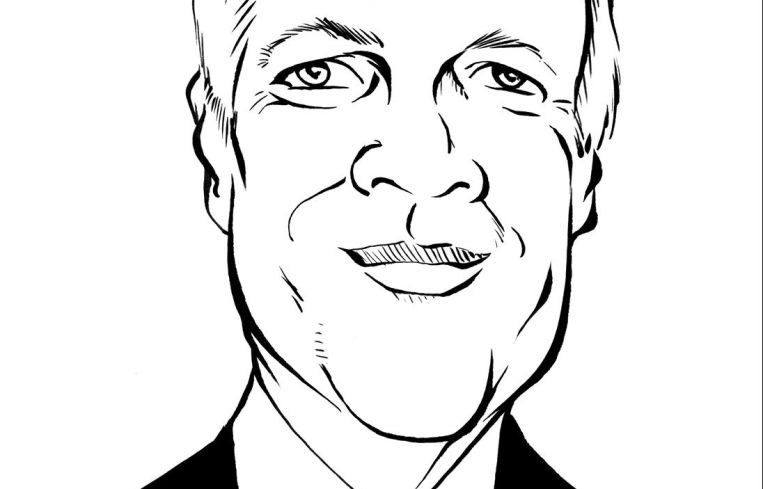Are Hotels About to Encounter Headwinds?
By Dan Gorczycki October 13, 2015 1:52 pm
reprints
“Work like there is somebody working twenty-four hours a day to take it all away from you.”—Mark Cuban
The fundamentals of hotels and hotel financing have been on a straight vertical incline upward from the doldrums of 2009 until present day 2015. Generally speaking, average daily rate and occupancy have gone up annually, while cap rates have plunged since the financial crisis. So a correction, or at least a pause, is inevitable.
But how much and how long of a pause or correction are the big questions surrounding the market. If one recalls those dark days just six years ago, consumers and businesses drastically cut back on their travel plans, which hampered hotel fundamentals at the same time that hospitality finance was drying up. Few people believe that we will relive those dark days, but let’s look at where we are today.
The general economy aside, new supply is the wild card affecting the hotel market. In New York City alone, the number of hotel rooms has increased from 93,254 in 2009 to 112,940 in 2014, with another 27,273 either under construction or about to break ground. Much of this growth has been fueled by the reversal of lenders who were skittish about funding hotel construction loans from late 2008 to 2011. With Libor remaining at record lows hovering below 1 percent, a hotel construction loan at Libor plus 300-350 basis points (the off-the-shelf rate for such loans) was the elixir that developers needed to start new projects.
But now those same lenders have become increasingly nervous about all of the new supply and its effect on the overall market. After all, unlike a pre-leased office building or shopping center, there is no guarantee that one will open the doors and hotel guests will show up. This renewed reluctance from lenders to provide new construction loans comes at the same time that EB-5 funds—the preferred cheap mezzanine financing for almost all hotel developers—could see a sharp decline as Congress talks about tightening the parameters of EB-5 going forward.
As for the capital markets, the added layers of new debt and the volatility in the stock and bond markets are also causing angst among lenders in general. “The gyrations in the capital markets due to a slowdown in China and uncertainty over the timing of the increase in the federal funds rate created a lot of uncertainty in the CMBS market during the month of August, as CMBS traders were adjusting quickly to a news cycle that was changing hourly,” explained Peter Berk, president of PMZ Realty Capital. Still, Mr. Berk remains confident about the state of the hotel and other commercial real estate markets, he said.
Hersha Hospitality Trust, which owns 52 high-end hotels in New York and other gateway cities, reported comparable revenue per available room (RevPAR) growth of 5.8 percent and earnings before interest, taxes, depreciation and amortization growth of 15.7 percent in the second quarter of 2015. So while trouble may loom on the horizon, it certainly hasn’t been borne out in the numbers as of yet—at least for upscale urban products. As for the overall hotel market? Smith Travel Research recently reported that in year-over-year measurements for June 2015, overall industry occupancy increased by 2.6 percent to 73.7 percent, while the average daily rate was up 5 percent to $121.24 and RevPAR was up 7.8 percent to $89.33.
But those who follow the smart money know best, as I’ve often written. Blackstone Group’s recent announcement to buy Strategic Hotels for $6 billion tells us that one of the smartest people in the room believes the hospitality industry still has room for growth.
Substantial new supply? A reduction in EB-5 funding? China and the gyrating capital markets in the U.S.? For now, the hotel and hotel financing markets are shrugging it all off. The key likely lies with the overall economy. As we saw in 2001 post-9/11 and in 2008 after the collapse of Lehman Brothers, the hotel market will always suffer when consumers cut back on vacation spending and companies cut back on reserving blocks of rooms for conferences.
Those are the key indicators that a pause or correction is around the corner and that hotels are sailing into headwinds.
Dan E. Gorczycki is a senior director with Avison Young, where he specializes in debt, joint venture and structured capital for all property types, including hotels.

![Spanish-language social distancing safety sticker on a concrete footpath stating 'Espere aquí' [Wait here]](https://commercialobserver.com/wp-content/uploads/sites/3/2026/02/footprints-RF-GettyImages-1291244648-WEB.jpg?quality=80&w=355&h=285&crop=1)

